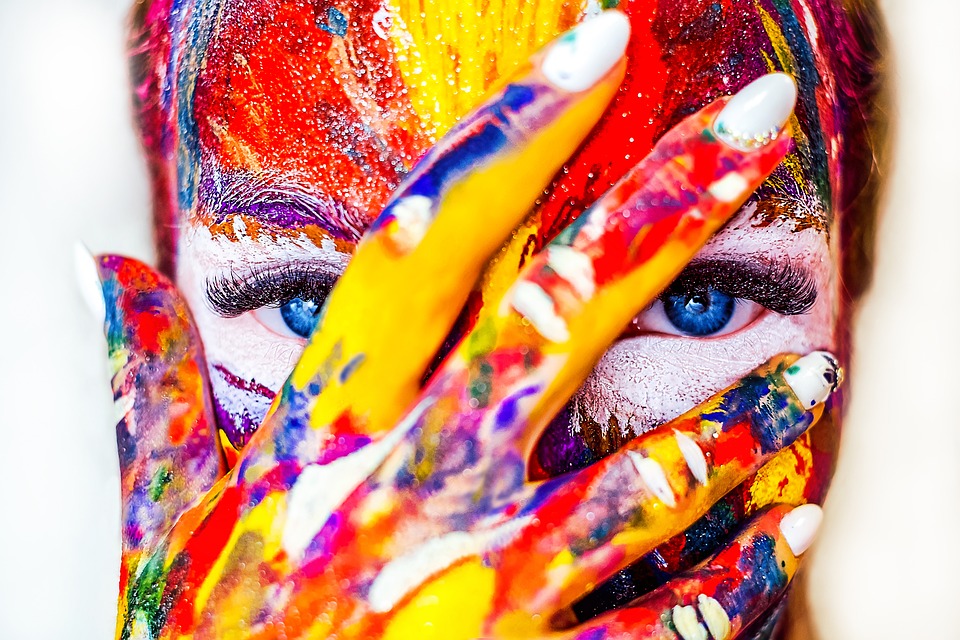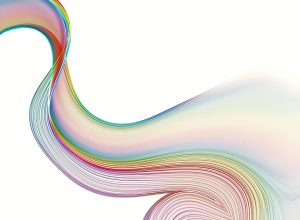I am rooted, but I flow. — Virginia Woolf
Like much of science, it began with an observation and then some curiosity.
Mihály Csíkszentmihályi (a social psychologist whose name you probably pronounced Mih… Cszz…) first noticed a strange phenomenon with a painter friend of his: when his friend’s painting was going well, the man would get lost in it entirely. Single-mindedly devoted to the work, he would ignore hunger, ignore sleep, forget time, and just paint.
 But then, when the artwork was complete, he would lose interest in it altogether.
But then, when the artwork was complete, he would lose interest in it altogether.
This wasn’t the only person of whom Csíkszentmihályi had witnessed this, though. And nearly 40 years later, the research on these individuals—people just like you and me—has flourished.
PSYCHOLOGICAL FLOW
Across chess players, rock climbers, dancers, painters, scientists, and more, Csíkszentmihályi found remarkable similarities between their experiences of psychological flow: a state of concentration so focused that one is entirely absorbed in the activity itself.
In everyday terms, we refer to it as “being in the zone” or “channeling one’s muse.”
Essentially, a state of flow emerges when the process of an act is the reward itself (i.e., you’re doing the activity for the sake of the activity, not some reward that might come afterward for having done it). In fact, we sometimes use the end goal (e.g., making money) as the excuse to do the act we enjoy doing in and of itself (e.g., painting).
And there’s a reason we lose sight of the world when we’re in flow; it can be as alluring as narcotics:
“you start to feel strong, alert, in effortless control, [a loss of self-consciousness], and at the peak of your abilities. Both a sense of time and emotional problems seem to disappear, and there is an exhilarating feeling of transcendence” (Csíkszentmihályi, 1990)

CONTROLLING THE FLOW
As one example of flow’s appeal, Csíkszentmihályi interviewed a number of academic surgeons about why they held their job. Startlingly, only about a third of them mentioned “the wellbeing of their patients.” For most, it was the exhilaration that came at trying to solve a cure.
In fact, if offered double the money for a more “boring” job, every single one of the surgeons declined.
So how can you more frequently enter a state of flow? Here are a couple prerequisites:
1.) You must feel challenged by the task at a level that matches your skills. If it’s too hard, you become vigilant and then anxious. If it’s too easy, you get bored.
2.) In some way, you must receive feedback about how you’re doing. For example, a surgeon can tell if a cure is having success (vs. a psychiatrist who isn’t sure if s/he’s making progress)
3.) Most importantly, you’ll need to be intensely concentrated on the task at hand, merging your awareness with the act itself.
Focus and concentration are really key to entering a state of flow, and creative people (who often seem to be prime examples of flow-states) typically use their “creative processes” (whatever they may be) to eliminate distractions and enter a deeper state of focus.
However, for as all-consuming as flow is, it can be a very fragile state. Any slip in the difficulty of the task can knock you out of it. Indeed, the thought of failure both breaks and prevents people from flow: thinking about failure means you’re no longer doing the task for the task’s sake itself.
WHEN AND WHO’S FLOWING?

Moreover, other research shows no correlation between intelligence and states of flow, suggesting that the effortless attention that emerges from flow is different than the effortful attention that is required for higher-level thinking.
So, when it comes to your own life, try to recognize the instances where you “get in the zone,” and try to craft more opportunities to engage in it. Heck, why do you think I keep writing these blog posts every week?
Flowingly,
jdt
Everyday Psychology: Because flow is very connected to creativity, here are some suggestions from Csikszentmihlyi on how to enhance your creativity (which isn’t something that only exists in art!):
- Try to be surprised by something every day; write down what surprised you and/or how you surprised others
- When something strikes a spark of interest, follow it!
- To keep enjoying something, you need to increase its complexity; the same task day in and day out will get boring
- The only way to be creative is to feel you have the time and space to be creative; so make sure you schedule yourself the time
A greater discussion of creativity and other tips can be found at https://positivepsychologyprogram.com/mihaly-csikszentmihalyi-father-of-flow/
Csikszentmihalyi, M. (1985). Reflections on enjoyment. Perspectives in Biology and Medicine, 28(4), 489-497.
Csikszentmihalyi, M. (1990). Flow: the psychology of optimal experience. Harper and Rowe.
Csikszentmihalyi, M., & LeFevre, J. (1989). Optimal experience in work and leisure. Journal of personality and social psychology, 56(5), 815.
Ullén, F., de Manzano, Ö., Almeida, R., Magnusson, P. K., Pedersen, N. L., Nakamura, J., … & Madison, G. (2012). Proneness for psychological flow in everyday life: Associations with personality and intelligence. Personality and Individual Differences, 52(2), 167-172.

